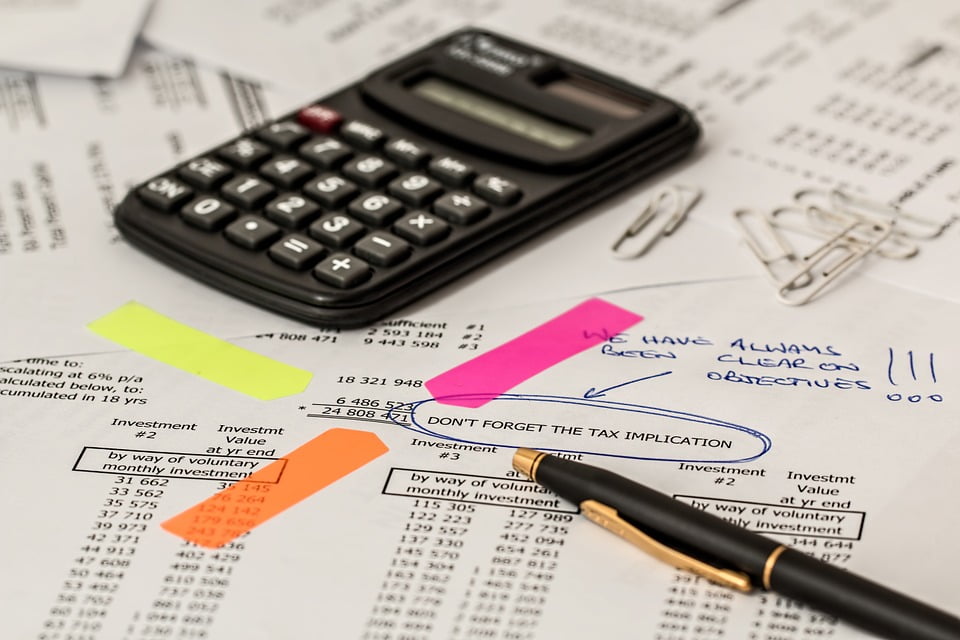When Tax Revenues Go Down, Audits Go Up…
Many people would rather have a root canal than undergo a tax audit – but it’s a fact that when the tax revenue declines as a result of a recession, tax audits increase. With the number of audits on the rise, increasing numbers of business owners and individuals may have to endure a visit from the taxman. So now it is more important than ever to prepare yourself and protect your business.
As if having to fork over taxes to federal, state and local governments wasn’t enough in these tough economic times, experts are warning companies that they can probably expect more audits by strapped governments looking for ways to scare up extra cash to help them make ends meet.
Avalara, a sales and use tax management and compliance service, reported that 554 US cities changed their sales tax rates in 2008. Of those, 200 were newly imposed city tax rates and 307 were straight increases to existing city tax rates. Other changes in sales, transit and use taxes, combined with new and pending changes for 2009, indicate that state and local governments are scrutinizing tax rates in light of the current economic turmoil.
While the overall total of state, county, and city sales and transit tax changes reflected in the latest report jumped significantly, much of this increase is due to changes made in Iowa , which imposed a rate change and allowed their School Infrastructure Local Option taxes to expire. The combination of the new tax and expired SILO rates affected most of the taxing counties inIowa , which are represented in this year’s numbers.
Four states – Indiana, Iowa, Maryland and North Carolina – increased their state sales tax rates in 2008. Indiana’s increase, from 6 to 7 percent, placed it among the highest state sales taxes nationwide, along with Mississippi, New Jersey, Rhode Island and Tennessee. The average state sales tax rate in the U.S. is currently 5.377 percent, which is the highest average rate recorded since Avalara began tracking this data.
At the close of the first quarter in 2009, two states – California and Utah – have already increased their state tax rates. Utah was the only state to decrease its sales tax rate in early 2008. Several additional states are discussing the possibility of future rate increases. Georgia, for example, is examining a state increase and Pennsylvania has several county/city sales tax increases up for discussion. Oregon , currently a non-taxing state, is considering imposing a new state sales tax
The average county sales tax rate in the U.S. for 2008 declined to its lowest level (1.629 percent) since 2002, and the average city rate held steady at 1.568 percent. The highest city sales tax rate is found in Wrangell, Alaska (7 percent). The average combined sales tax rate edged slightly higher to 8.574 percent. The highest combined rate (12 percent) belongs to Arab, Cullman County, Alabama.
Since 1998, there have been 2,859 new sales and use taxes levied – an average of 260 per year. In the same time period, 5,341 changes were made to sales and use tax rates, averaging 486 per year. The combined total of new and changed sales and use tax rates for the period is 8,200, or an average of 746 per year.
The states are not the only government agency adding to the doom & gloom – there is of course the IRS. Having just released its strategic plan for fiscal years 2009-2013, the IRS outlines how the agency will improve service to taxpayers and enforcement of the law over the next five years. According to IRS Commissioner Douglas H. Shulman, the agency’s first goal is to make voluntary compliance easier in an effort to maintain the fairest and most effective system of voluntary compliance in the world.
In other words, their goal is to increase the enforcement of tax law and ensure that all Americans pay their full tax liability. This is no surprise. With the current economic slump, tax revenue is down and government spending is up, so it only makes sense that tax enforcement and collection efforts will be increasing.
To validate this, the IRS is on a hiring spree, pouring more money and personnel into cracking down on tax cheats – large or small –to cut into their growing budget deficits. It’s definitely a great time to join the agency!
So, what must a business do to mitigate this risk? Businesses must be able to document and defend their returns to the nth degree. But it’s not so easy and unfortunately, for many businesses, they are not prepared for an audit. In fact, many businesses are either holding the line, or even cutting back in their tax department staffing (meaning fewer people having to accomplish more and more.)
For companies, the real hassle is keeping track of all the changes, up or down. It gets even harder for companies that don’t have an actual presence in a particular jurisdiction, but have to do business there and collect the taxes from customers.
So protect yourself. Advances in technology have seen the development of tax automation solutions which can be integrated with your accounting system and can help a taxpayer with sales and use tax compliance and administration. These software applications maintain tax rates, rules, and correctly identify tax areas so the proper status is always obtained – guaranteed.
Tax automation systems also contain sophisticated reporting databases and create a record for every line item passed through the tax calculation process. These reporting databases are excellent tools for automated return and remittance preparation. They also provide detailed information for audits and allow the tax professional to better manage the sales and use tax function.
While most companies still rely on some manual processes for tax management, the majority of tax professionals agree that they could greatly improve their sales and use tax compliance by increasing the automation of the sales and use tax function.
The economy will inevitably improve and audit pressure may decrease as a result. However, it is extremely important to set processes and best practices in place as there will always be new regulations impacting the industry, corporate changes taking place, and other activities creating new challenges and audit risks in the tax process. The more a company plans ahead, the more effectively they can deal with these challenges when presented. And when audits do occur, remember that the process starts before the auditor enters your facility, and does not end when he leaves.
So, have you heard the joke about the sales tax audit? No one has. There is nothing funny about a sales tax audit. Being prepared in advance, by collecting and reporting sales tax properly, is the only thing you can do to minimize the time and penalties involved.
Mr. Clarke’s leadership experience began while serving as a Platoon Leader with the US Army. From there Mr. Clarke carried other various roles, each complementing the previous, such as Executive Officer, Company Commander, Battalion Logistics Officer, and Battalion Operations Officer. Mr. Clarke utilizes this invaluable leadership experience to build his group into a synergetic fighting force. Currently, he is the President of the ERP & Technology Group with XONITEK Corporation.
Contact him at clarkerw@xonitek.com.






